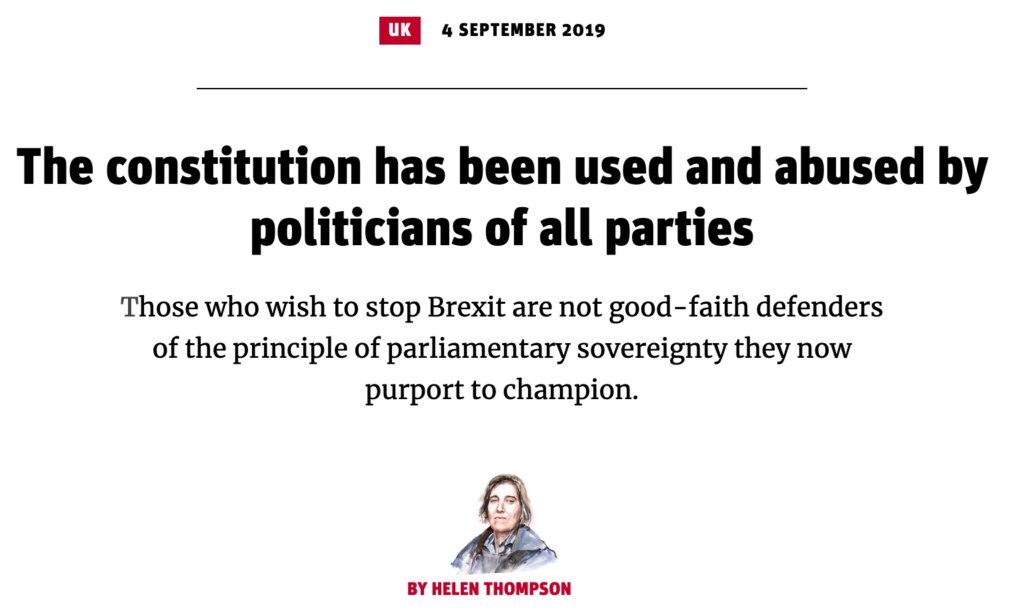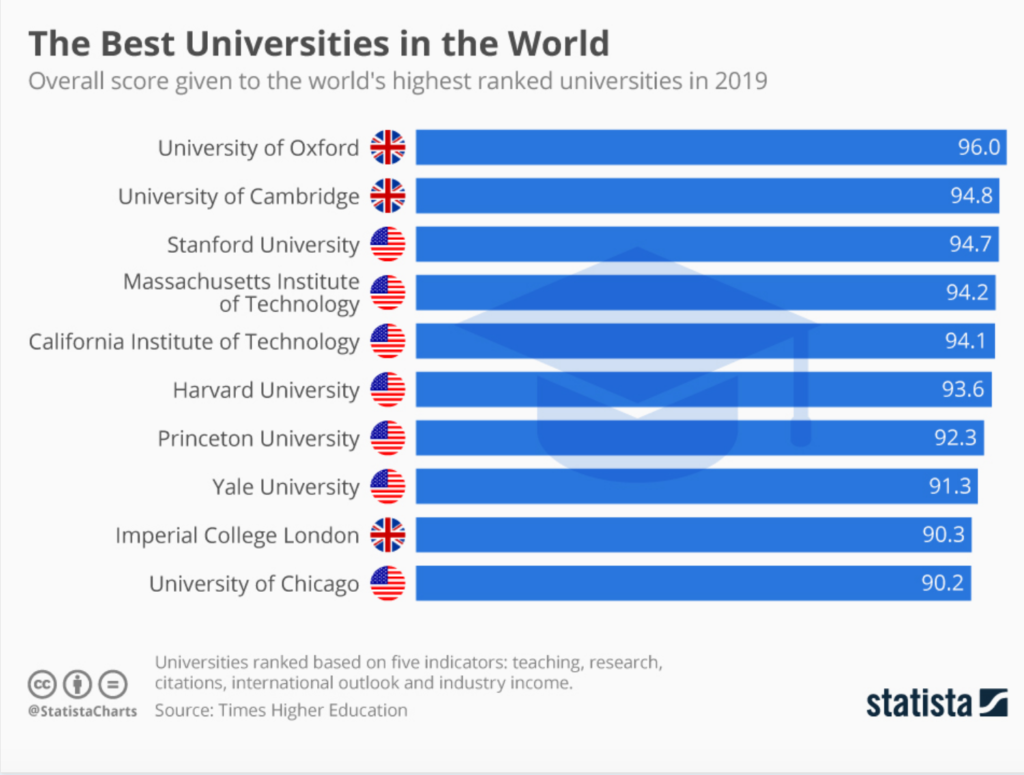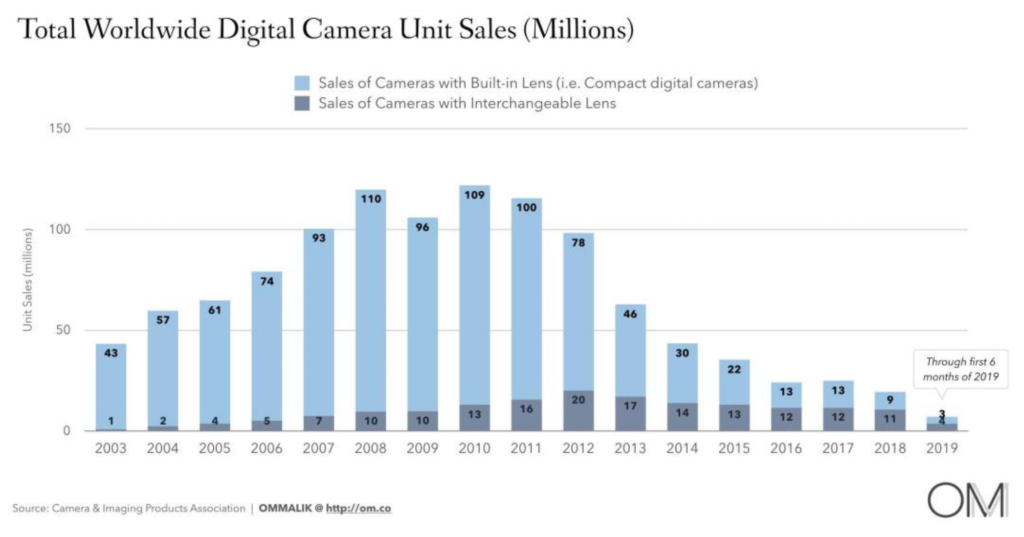From danah boyd’s acceptance speech on being given the 2019 Barlow/Pioneer award:
“Move fast and break things” is an abomination if your goal is to create a healthy society. Taking short-cuts may be financially profitable in the short-term, but the cost to society is too great to be justified. In a healthy society, we accommodate differently abled people through accessibility standards, not because it’s financially prudent but because it’s the right thing to do. In a healthy society, we make certain that the vulnerable amongst us are not harassed into silence because that is not the value behind free speech. In a healthy society, we strategically design to increase social cohesion because binaries are machine logic not human logic.
The Great Reckoning is in front of us. How we respond to the calls for justice will shape the future of technology and society. We must hold accountable all who perpetuate, amplify, and enable hate, harm, and cruelty. But accountability without transformation is simply spectacle. We owe it to ourselves and to all of those who have been hurt to focus on the root of the problem. We also owe it to them to actively seek to not build certain technologies because the human cost is too great.






